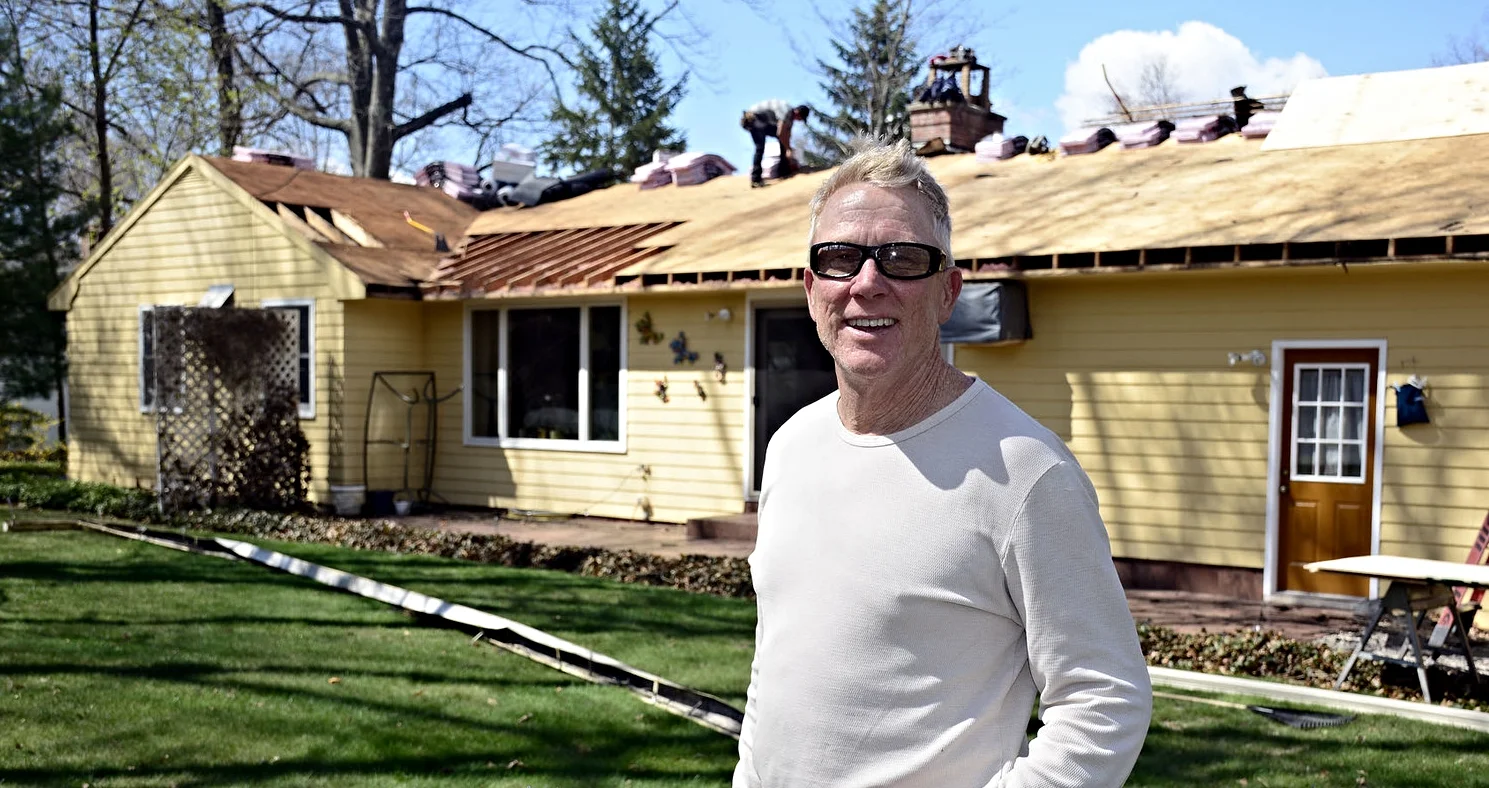Keep Your Home Cooler with These Tips
Chelsea O'Donnell
When the weather gets too hot to handle, many homeowners simply crank up their air conditioning to stay comfortable. But what people may not realize is that the combination of cold air and high humidity could lead to leaks. So what can you do to stay cool without putting your home at risk? Here are some tips:
Keep the filter clean.
A dirty filter can cut your air conditioner’s efficiency in half, so be sure to replace or wash it at least once a month during the summer. Not only will a clean filter enable more cold air to come through the unit, but it will also decrease the amount of pollen, dander, and even mold that you could be breathing in. Many people don’t know that air conditioning units are rated by their MERV, which stands for minimum efficiency reporting value or, more simply, the effectiveness of the filter. MERV ratings are between one and 20, with most home air conditioning units rating between one and 12. If you’re in the market for a new filter, choose one at the top of the scale as it can trap smaller particles and protect your home from mold spores, dust mites, and other nasty contaminants.
Make sure your windows are leak-free.
Window A/C units are tough to fit and often result in large gaps where the hot air outside can come in. Make sure all the space around the air conditioner is sealed up tight with foam for bigger gaps or simple foil tape for smaller areas. The materials you’ll need can all be found at the local hardware store and you’ll be shocked by the difference in air temperature by just plugging up those holes.
Run the unit on a timer.
There is no point running your A/C on high when you’re at work or away for the weekend. A digital timer will lower the unit’s output when you’re not at home, and then bring the house to a comfortable level by the time you walk in the door. By programming a timer to your preferences, you can lengthen the life of the unit and lower your energy bills without noticing a difference in the level of comfort. If you don’t rely on Alexa, you can buy a smart plug for your outlet to control your A/C from your phone.
Up your insulation.
If your attic isn’t properly insulated, it’s going to be a sauna up there. You don’t even need to go up to check - you can tell simply by touching your ceiling. If it feels hot, then imagine how hard it is for a window unit or even central A/C to compete. A well-insulated and ventilated attic will ensure that hot air can escape while keeping cool air circulating in the living areas of the home. Plus, proper insulation comes in mighty handy during the cold months of the year.
Watch for leaks.
Central air conditioning units are notorious for leaks for three reasons: a cracked or broken drain pan, a clogged air filter, or a plugged-up condensate line. If water can’t drain properly, it will end up in your ceiling or walls which can cause serious and expensive damage. If you see even the smallest leak, shut down the unit and inspect these three areas. A simple fix might save you thousands in damage if you act quickly.
Bob O’Donnell is the owner of O’Donnell Bros. Inc., a Bristol-based home improvement company established in 1975. Email your questions for Bob to info@odonnellbros.com with the subject line “Ask the Pro.” All questions may be considered for publication. To contact Bob for your remodeling needs, call O’Donnell Bros. Inc. at (860) 589-5155 or visit http://www.odonnellbros.com. Advice is for guidance only.
